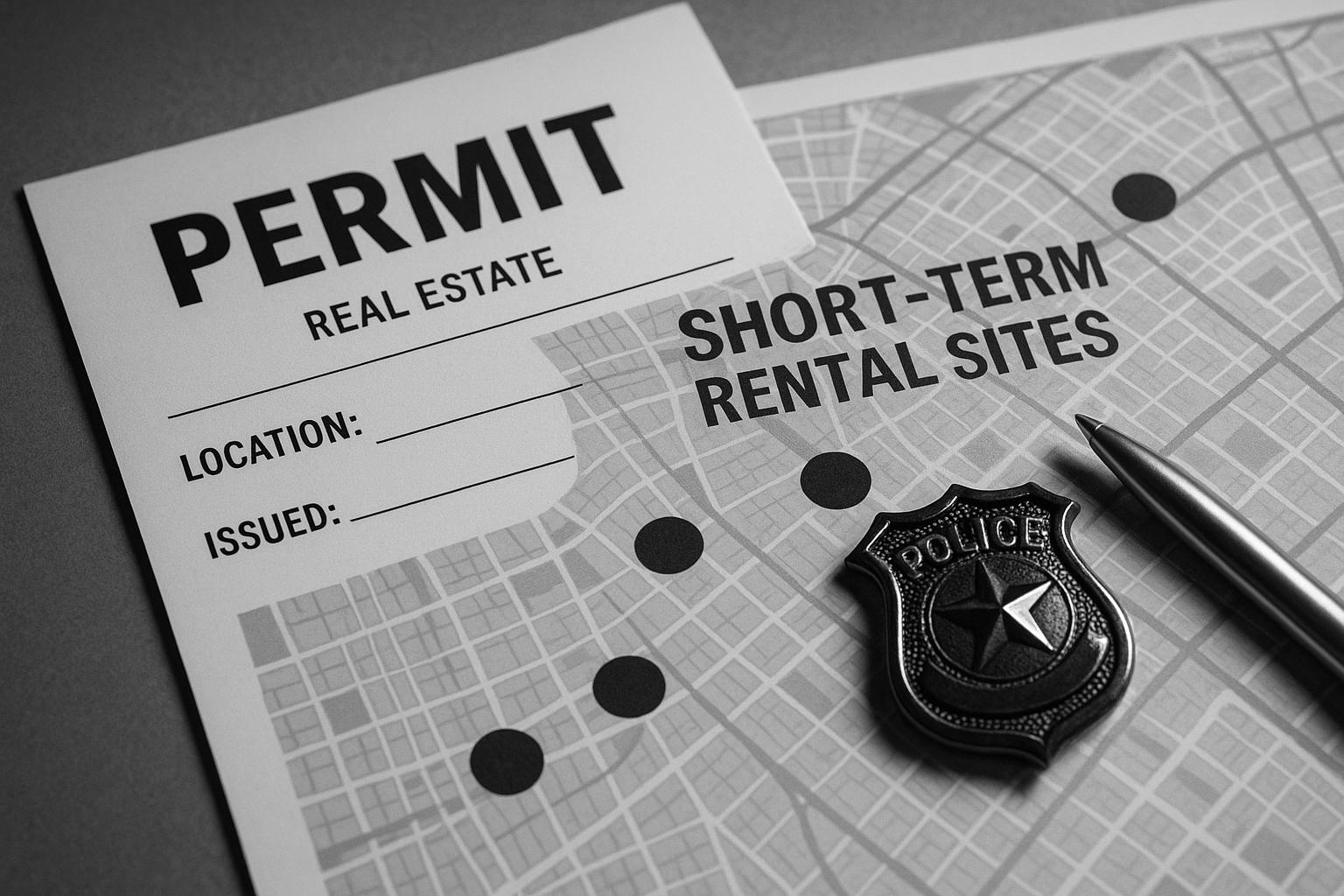The Hobart City Council has embarked on a novel approach to clamp down on unauthorised short-term rental listings through the use of artificial intelligence (AI). This initiative seeks to identify properties that are advertised on platforms like Airbnb without the necessary permits, thereby dodging higher council rates introduced to ease pressure on the city's tight housing market. Hobart, which boasts the highest per capita density of short-stay properties among Australian capitals, currently has over 1,500 such listings.
The council is trialling AI software that scrapes the internet daily to catalogue all short-term rentals within the city boundaries. Staff then cross-reference this data against council records to ensure compliance. Karen Abey, director of strategic and regulatory services at the council, explained that the technology allows for more agile monitoring compared to the previous manual system, which relied on quarterly reports from the Tasmanian government and could leave unauthorised listings undiscovered for months. Since the trial began, the software has already flagged four potentially unauthorised properties.
A key motive behind the clampdown is the council's 2023 policy to double rates on short-stay rental properties. This move aims to discourage the conversion of long-term rental housing into short-term accommodation, which critics argue exacerbates the housing shortage and drives up rents. Alex Bomford, acting principal solicitor with the Tenants Union of Tasmania, has voiced strong support for the council’s efforts but contends that current regulations do not go far enough. He advocates for a ban on whole properties being let as short-term rentals in high-demand areas, arguing that such listings “hollow out the city” and make rental housing less accessible and more expensive.
Although the council emphasises fairness in enforcement, recognising that some breaches stem from confusion about planning rules, there is a clear message that all property owners renting out entire dwellings must obtain the proper permits and pay the requisite higher rates. The council intends to contact owners of non-compliant properties to clarify situations and allow for explanations before taking further action.
From the perspective of short-term rental platforms, Airbnb’s head of public policy for Australia and New Zealand, Michael Crosby, emphasised that hosts are expected to comply with local regulations. He highlighted the economic benefits of Airbnb listings in Tasmania, citing research from Oxford Economics showing the platform’s significant financial contribution and job support in the region. Crosby also noted that for many hosts, income from short-term rentals is an important financial lifeline amid the ongoing cost-of-living crisis. He stressed the need to balance housing affordability concerns with maintaining the economic advantages brought by the short-stay accommodation sector.
This AI-driven initiative will run as a year-long trial before the council decides whether to implement it permanently, based on its efficiency and cost-effectiveness. It fits within a broader framework of measures Hobart has introduced over recent years, including a 2022 amendment limiting new whole-house short-stay accommodations in residential areas, reinforcing the substantial effort to regulate Airbnb and similar platforms as part of tackling housing affordability.
The evolving debate in Hobart highlights the challenge of reconciling the economic benefits and community pressures posed by the growth of short-term rentals. As Hobart seeks to enforce planning and rate compliance more rigorously, the outcome of this trial will be closely watched by other cities grappling with similar challenges.
📌 Reference Map:
- Paragraph 1 – [1], [2]
- Paragraph 2 – [1], [2]
- Paragraph 3 – [1], [3], [5], [6]
- Paragraph 4 – [1]
- Paragraph 5 – [1]
- Paragraph 6 – [1]
- Paragraph 7 – [1], [4]
Source: Noah Wire Services
